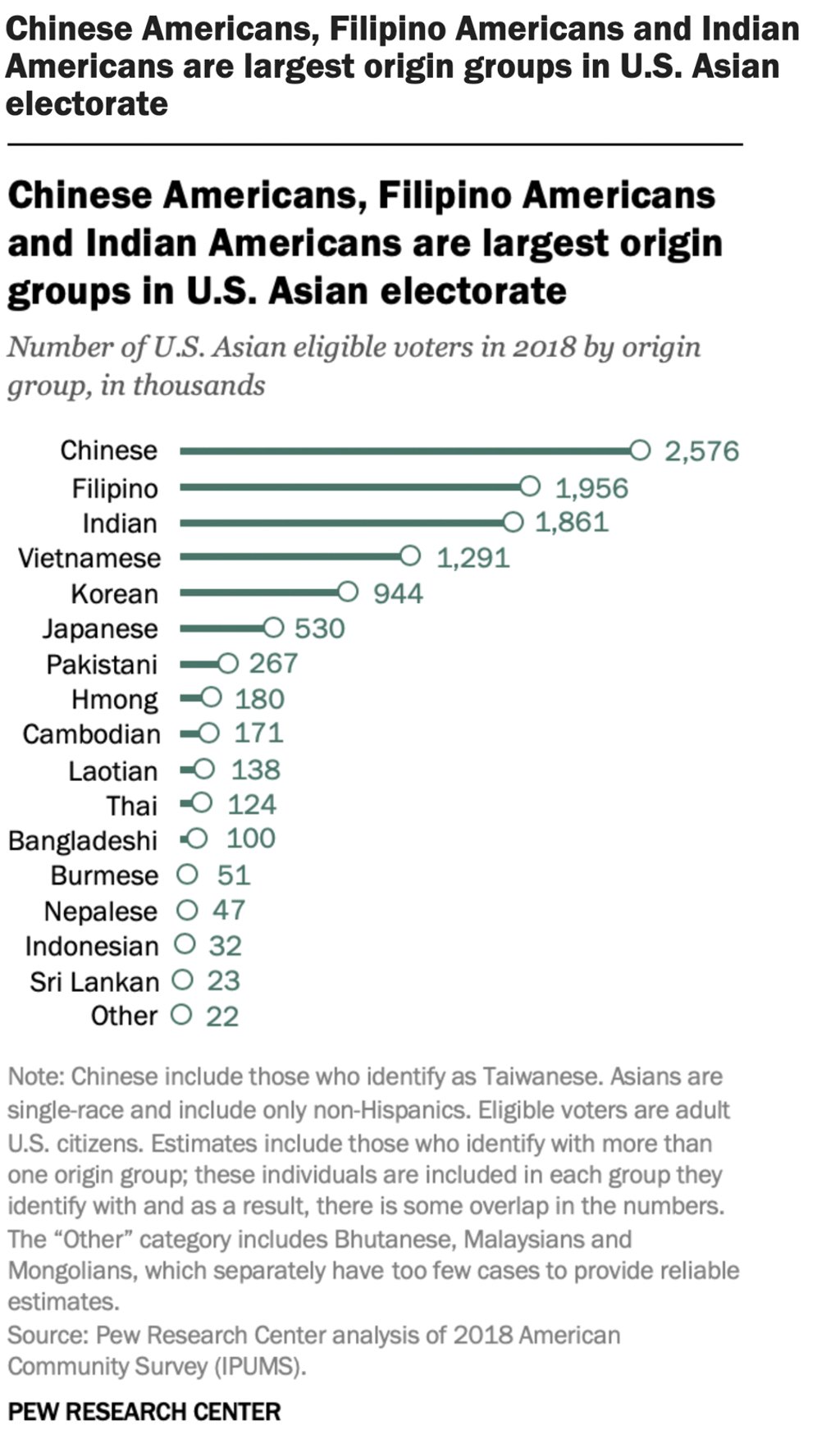Joe Biden rebuked by advocates for not naming any Asian-American to a primary cabinet seat
- Vice-President Kamala Harris, budget director nominee Neera Tanden and US Trade Representative nominee Katherine Tai are not enough for some activists
- The administration is the first in more than 20 years without an Asian-American leading one of the 15 major government departments, they note

When US President Joe Biden took office a month ago, his proposed cabinet was already being praised as the most diverse in American history. It would include, among others, the nation’s first openly gay cabinet secretary in Pete Buttigieg; its first Native American cabinet secretary in Deb Haaland; and its first African-American secretary of defence in Lloyd Austin.
Those postings come in addition to the election, along with Biden, of Vice-President Kamala Harris – the daughter of an Indian mother and Jamaican father who has risen higher in US leadership than any woman before her and is now potentially one of the most powerful Asian-Americans in American history.
Even so, some policy experts and activists have criticised the new administration for failing to name a single member of the country’s diverse Asian-American or Pacific Islander (AAPI) community to head one of the 15 executive-branch departments that constitute the core of Biden’s cabinet.

01:53
Kamala Harris takes oath to become 49th US vice-president
Of the wider pool of 24 cabinet-level officials, two nominees – US Trade Representative Katherine Tai and Neera Tanden, the director of the Office of Management and Budget – come from AAPI backgrounds. (Tai’s confirmation hearing is scheduled for Thursday; Tanden’s nomination has run into significant resistance.)
But, notably, the Biden administration is the first in two decades to not have AAPI figures in the top 15 positions of the executive.
For many Asian-American advocates, the scarcity of AAPI at the top tier of government is all the more puzzling since it followed the community’s strong turnout in the November presidential election, in which it showed overwhelming support for the Democrats. Polling data after the election showed that AAPI voters favoured Biden over Trump, 70 per cent to 28 per cent.
Moreover, Asian-Americans further flexed their political muscle in Georgia in January. There they played a decisive role, despite only making up 4 per cent of the state’s population – helping the two Democratic challengers, Jon Ossoff and Raphael Warnock, to razor-thin wins over Republican incumbents, and giving Biden and the Democrats control of the US Senate.
